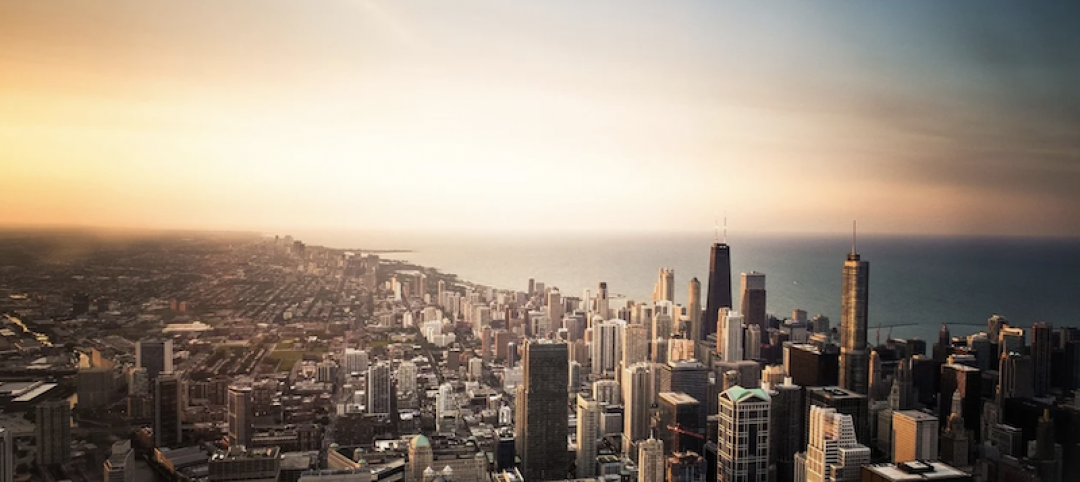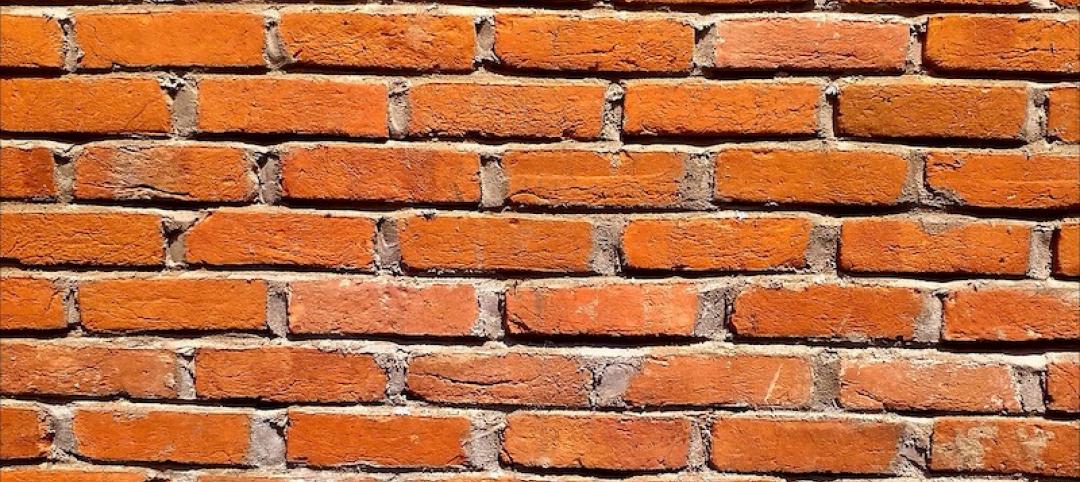The Washington D.C. Council recently passed legislation that will make it more expensive for owners to hold vacant or blighted property.
The Vacant Property Enforcement Act of 2016 reduces the maximum amount of time a vacant property can qualify for an exemption from higher vacancy tax rates. It also closes a loophole that allows continuous renewal of construction permits to qualify for tax exemptions, and require owners of vacant properties to prove they are no longer subject to the higher tax rates.
"The District has a substantial number of vacant properties, many of which are poorly maintained,” the bill report says. "Property owners may keep their properties vacant or fail to maintain them because they expect property values to rise over time. Poorly maintained and vacant properties can damage surrounding communities by being eyesores, by serving a venue for drug use and by providing a home for rodents or other animals. The net effect is to reduce the feeling of a cohesive community and depress surrounding property values."
The legislation reduces the time an owner can claim an exemption from higher taxes because of construction to one year for residential properties and to two years for commercial properties. Fines for failing to comply with city property regulations will rise from $1,000 to $5,000.
Related Stories
Codes and Standards | Dec 9, 2020
Newly formed Rainscreen Association aims to be recognized authority on rainscreen assemblies
Will address innovations in material performance and building designs.
Codes and Standards | Dec 9, 2020
Investors want building resiliency plans and risk mitigation practices
Owners should assess risk, insurance coverage, and ability to withstand disasters.
Codes and Standards | Dec 4, 2020
OSHA cites more than 200 employers for COVID-19 violations
Agency releases guidance on lessons learned from pandemic inspections.
Codes and Standards | Dec 1, 2020
Pandemic spurs nearly 16 million people to move from major cities
Most of the movement seems permanent.
Codes and Standards | Nov 30, 2020
USGBC ready to catalyze LEED Positive future
New programs, updates will spur shift to regenerative strategies.
Codes and Standards | Nov 30, 2020
Updated spec for self-adhering flashing surrounding exterior fenestration products released
FGIA document was last updated in 2013.
Codes and Standards | Nov 30, 2020
Finalized 2021 Energy Code leaves out future-proofing provision
Appeals process nixed requirement for residential electrification readiness.
Codes and Standards | Nov 23, 2020
GBCI turns over GRESB ownership to global investment firm
Organization assesses sustainability performance of real estate and infrastructure portfolios and assets.
Codes and Standards | Nov 23, 2020
New industrywide clay brick EPD launched
Contributes toward LEED v.4.0 and v.4.1 materials and resources requirements.
Codes and Standards | Nov 19, 2020
The ‘15-minute city’ could transform municipal planning
Concept aims for car-free living.

















